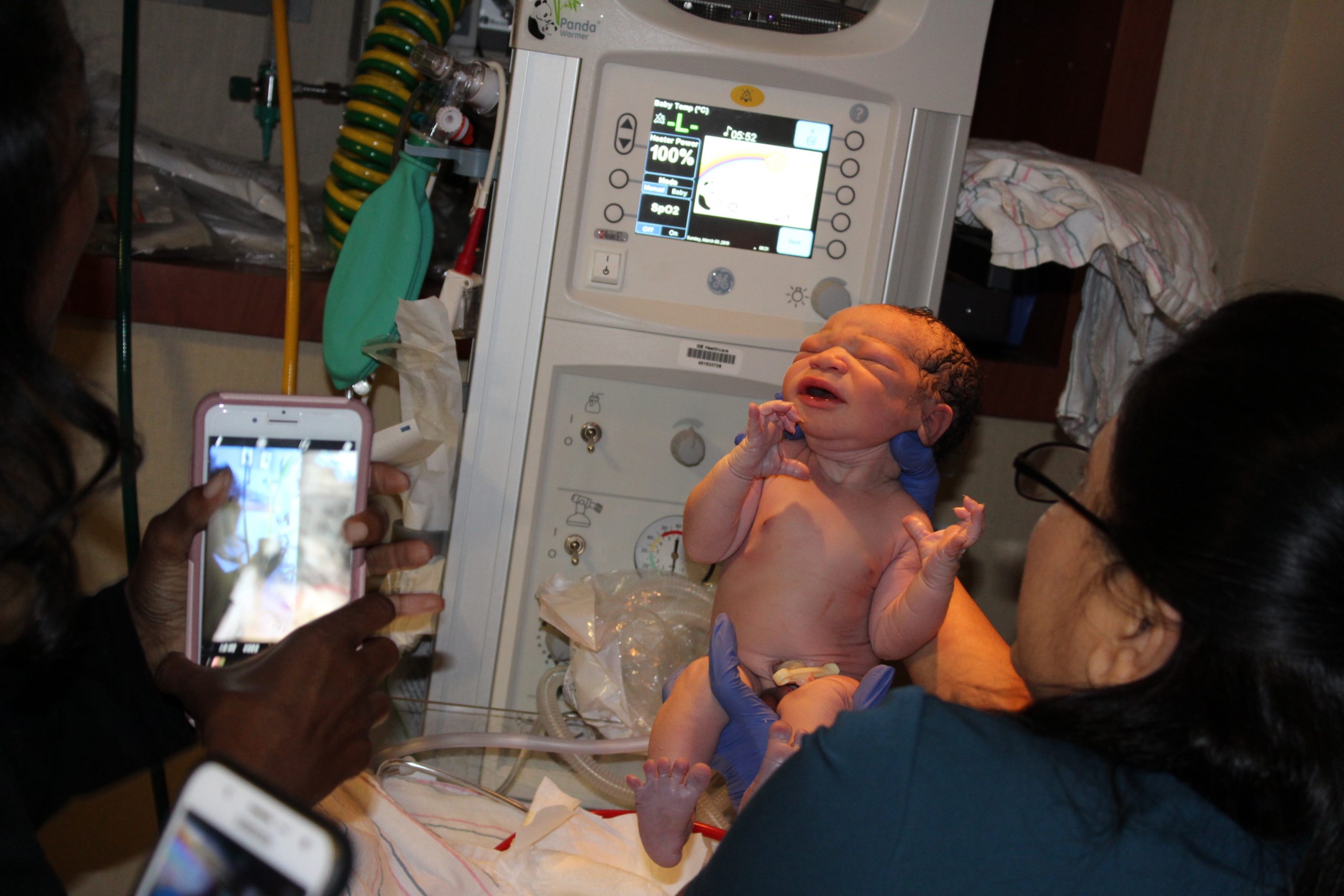Nursing Specializations: How to Choose the Right One for You
Being a registered nurse is not the end of your career. It is just the start. It took a lot of effort and hard work to get where you are now, but if you don’t push it further into a specialization that you love, you are missing out on a rewarding career that pays well and helps you enjoy the lifestyle you enjoy. Some will want to focus on excitement, those who want to save lives and work in trauma centers. Others will want a comfortable 9-to-5 and deal with patients in a more slow-paced environment, such as a GP’s surgery.
Every option is worthwhile; the only thing you need to do is make sure that the specialty is right for you. You need to be interested, passionate, and compatible in order to succeed. To find the perfect specialty for you, try following these steps.
Five Great Nursing Specialty Examples
There are so many different nursing specialties out there, and knowing all the available positions in areas of medicine that you are most passionate about is definitely the first step for anyone’s career. Don’t go with the most obvious option, because it might not be the right position for you.
For example, though these are some of the most popular nursing specialties, there are many more subsets of nursing out there to explore.
- Nurse Midwife
One of the best for both job satisfaction and for pay is a nurse midwife. A midwifery degree can be completed online in as little as two to three years, meaning you can properly direct your career towards midwifery and start making a median wage of $100,590.
Not only are they well paid, but they are actually in demand, with more mothers wishing to either opt for a midwife or a combination of a midwife and their OBG-YN. This makes it a great career to get into.
- Critical Care Nurse
If you are someone who is a thrill-seeker, then a critical care nurse is the one for you. You will be the one assisting on the trauma floor and helping those overcome the worst of injuries. It is not for the squeamish, but if you found you are thriving during the pandemic and finally found your stride amidst the chaos, then the role of a critical care nurse is right for you.
- Nurse Anesthetist
One of the most difficult nursing positions to get into is that of a nurse anesthetist. You will be working alongside surgeries to administer anesthesia, and as a result, be earning one of the highest wages in nursing available, with a median of $165,120.
- Nurse Educator
If you are a natural leader, you are either going to want to become the head nurse or a nurse educator. Becoming a nurse educator means you are the one training and teaching BSN students during their clinic hours. They typically earn a median wage of $73,710.
- Pediatric Nurse
If you want to work with children, either in the pediatric ward or at a family clinic, then obtaining an MA in pediatrics to become a pediatric nurse is the way to go.
Try to Work in Different Departments
Though those are some of the most popular nursing positions available, that list is by no means exhaustive. You owe it to yourself to explore the areas of medicine you are most interested in and, more importantly, learn about the different roles in each department to see what would suit you best.
To start, see if you can shadow in different departments just to get a feel for what they do and the sort of work-life you will have there.
Talk to Other Nurses in Fields You Are Interested In
The second step will be to talk to the nurses in the departments that you are most interested in and learn first-hand about what they do and how much they like their work. There is no better person to accurately tell you what it is like being in a role than someone who works in it every day.
You don’t necessarily need to know the nurse in question, either. If you have an acquaintance in that field, you can offer to buy them lunch or a coffee while you pick their brain about the role. You could also get in touch through friends of friends or on social media.
Research the Short List
It’s okay if you are not 100% sure by this stage. Simply take your short-list of options and let the idea settle. Over time you will discover which roles you like better, but if you are still unsure, then learning more about that field of medicine is a good second step.
Search for the Available Degrees
The final concluding factor, of course, could be the degree itself. When looking through your options, take special note of what you will be learning. If there is one degree that is more interesting than the other and makes you more excited, chances are the job will also be more of an interest to you.
There may also be the chance to switch degrees later on, at least if you switch to another degree in the same department. A midwife and neonatal care nurse, for example, overlap in many ways, which means you may be able to transfer credits without an issue. This will depend on the university and degree, but it is important to know your options.
Enroll!
All that is left is to enroll and begin your degree! To make it easier to juggle all your different responsibilities, you will want to prep before you begin. After work, find a great café or library where you just read for a few hours. This could be medical journals, for example. The purpose of this time is to get you used to and familiar with the extra time at the end of your shift (if possible). Try to carve out time where you would spend on your degree and make that routine for the best results.




